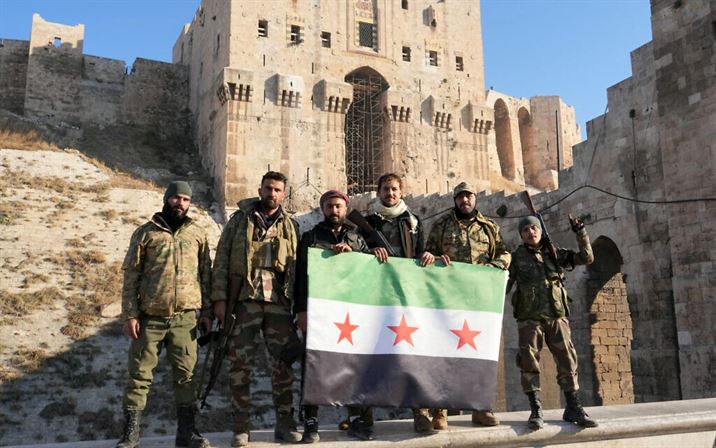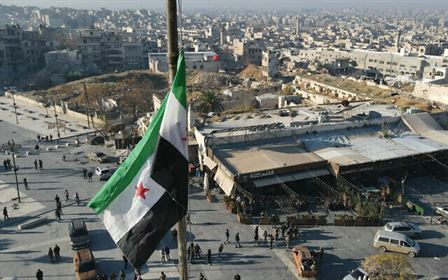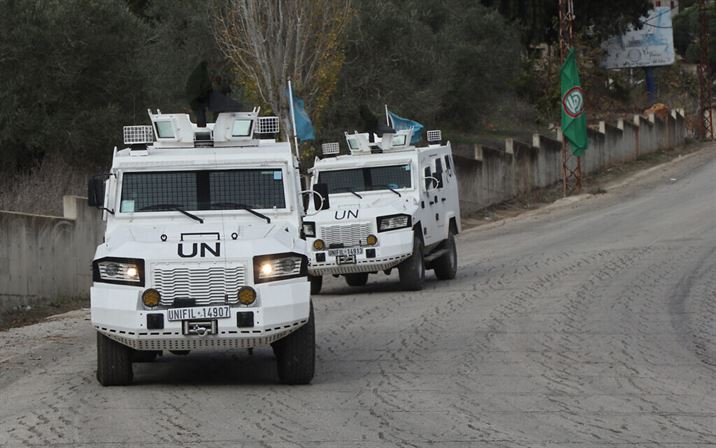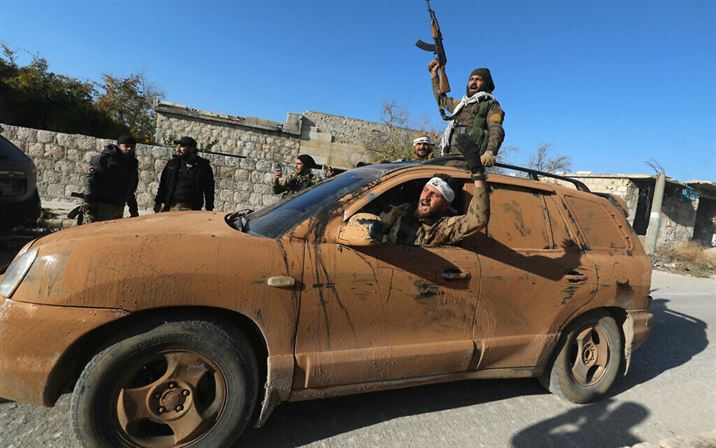In a dramatic escalation of Syria’s protracted conflict, the Syrian military announced on Saturday that dozens of its soldiers had been killed during a large-scale attack by Islamist forces. Hayat Tahrir al-Sham (HTS), a rebel faction designated as a terrorist organization by multiple countries, spearheaded the assault on Aleppo, triggering a significant shift in the city’s status as a government stronghold since 2016.
The Russian Ministry of Defense confirmed that its air force conducted strikes to support the Syrian military, targeting rebel positions in Aleppo and neighboring Idlib province. According to Russian officials, approximately 300 rebel fighters were killed in the counterattacks, with significant damage inflicted on militant command centers and supply depots.
Rebel Advance Challenges Assad’s Regime
The offensive marks one of the most significant challenges to President Bashar al-Assad’s authority in recent years. Since the civil war erupted in 2011, Assad, with critical backing from Russia and Iran, has regained control over much of Syria, including all major urban centers. However, the latest rebel gains underscore lingering vulnerabilities in his regime’s stability.
READ MORE: Sambhal Mosque Survey: Police Deploy Tear Gas to Disperse Protesters During Clashes
Rebel fighters were seen celebrating in Aleppo’s Saadallah al-Jabiri Square, a prominent symbol of Assad’s government. Some were photographed near a toppled statue of Bassil al-Assad, the president’s late brother, while others waved opposition flags near Aleppo’s historic citadel.

The Syrian military acknowledged that insurgents had seized key areas of the city, including Aleppo Airport. A spokesperson for the military stated that the army was “redeploying forces to fortify defensive lines and protect civilians.” Airstrikes targeting rebel gatherings and supply convoys have been reported, though the rebels remain entrenched in critical zones.
Geopolitical Ramifications and Regional Concerns
The situation has caught the attention of global and regional powers. The United States stated it is closely monitoring developments. Meanwhile, Israeli intelligence has expressed concerns over the implications of the conflict. Israeli officials reportedly warned Prime Minister Benjamin Netanyahu that the chaos in Syria could pose both short-term and long-term security challenges for Israel.
According to Israeli media, intelligence chiefs have pointed out that Iran and Hezbollah may redirect their focus to defending Assad’s regime. This shift could indirectly strengthen the Israel-Lebanon ceasefire, as Hezbollah’s resources become tied up in Syria. However, they cautioned that instability in Syria might enable jihadist groups to gain access to strategic weaponry, including remnants of chemical arsenals.
A Syrian rebel fighter, Suhail Mohammed Hamoud, also known as Abu Tow, told Israeli media that Israel should view Assad, Iran, and Hezbollah as its primary threats. He emphasized that anti-Assad groups posed no direct threat to Israel.
Regional Alliances and Responses
The rebel offensive has placed a spotlight on Syria’s intricate geopolitical dynamics. Russia and Turkey, co-sponsors of a 2020 de-escalation agreement in the northwest, held urgent discussions. Both nations voiced concern over the deteriorating situation and stressed the need for coordinated action to stabilize the region.
Iran condemned an attack on its consulate in Aleppo, attributing it to “terrorist elements” and labeling the rebel offensive part of a broader U.S.-Israeli plan to destabilize Syria. Meanwhile, Kurdish forces in northeastern Syria reportedly expanded their influence in Aleppo as government troops withdrew, according to a senior commander in the Kurdish People’s Protection Units (YPG).
Humanitarian Toll and Future Outlook
The conflict has reignited fears of a humanitarian crisis. The Syrian Civil Defense, operating in opposition-held territories, reported that Russian and Syrian airstrikes on Idlib killed four civilians and injured six others. As fighting intensifies, displacement and civilian casualties are expected to rise.
The rebel advances, coupled with a reported shortage of Iran-backed forces in Aleppo, highlight the Assad regime’s precarious position. A senior commander in the Jaish al-Izza brigade credited the swift rebel gains to the absence of critical manpower in government-controlled regions.
While the Syrian government prepares a counteroffensive, the latest developments reveal that the war, though largely dormant in recent years, remains far from over. The evolving situation in Aleppo and its broader implications could reshape the region’s political and security landscape, reigniting the decade-long conflict’s far-reaching consequences.











